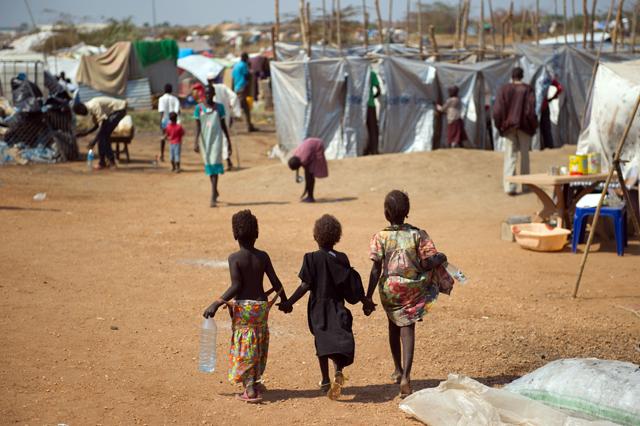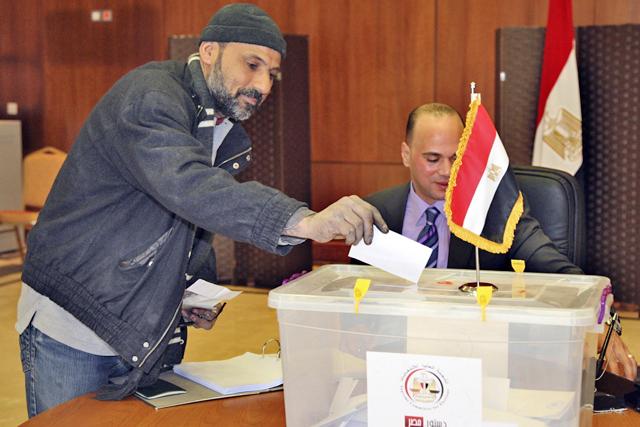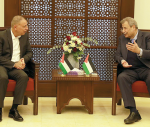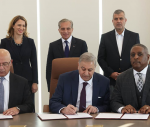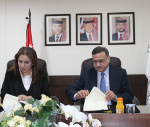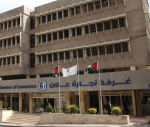DUBAI — Security forces in the United Arab Emirates (UAE) have detained three Iranians suspected of kidnapping a British-Iranian businessman who went missing in Dubai in June, the Dubai government said on Thursday.
Britain’s Foreign Office said in August it was in touch with the Dubai and Iranian governments over the case of Abbas Yazdi, who went missing in June in Dubai. His wife had told a UAE newspaper that he may have been kidnapped by “elements in Iran”.
The Dubai government press office said that the state security service arrested the three on suspicion of kidnapping Yazdi, a 44-year-old businessman who owns a general trading company in the Gulf Arab emirate.
“The security apparatus identified the group members and... was able to uncover the method they had used to kidnap the suspect,” the statement said.
It quoted Dhahi Khalfan, Dubai’s deputy chairman of police and general security, as saying that the three were about to dispose of some personal effects of Yazdi that had been under surveillance when they were arrested.
The three were being questioned to find out the whereabouts of Yazdi, it said.
Yazdi went missing on June 25 and his wife, Atena, told the 7Days newspaper that she feared he may have been kidnapped by Iranian intelligence officers.
Foreign Secretary William Hague raised Yazdi’s disappearance with his Iranian counterpart Ali Akbar Salehi during a telephone conversation on July 31.
Britain is among Western nations at odds with Iran over its nuclear programme and other issues. It shut its embassy in Tehran after what it called “an attack by government-sponsored militias” on the mission in November 2011. Iran’s embassy in London was also closed.
7Days cited Yazdi’s wife as saying the 44-year-old trader and investor was a close childhood friend of the son of former Iranian President Akbar Hashemi Rafsanjani.
Atena Yazdi was quoted as saying that her husband had been detained in Iran in 1993 and held in solitary confinement by the intelligence service for six months. He had later travelled to London and obtained British citizenship, she said.

